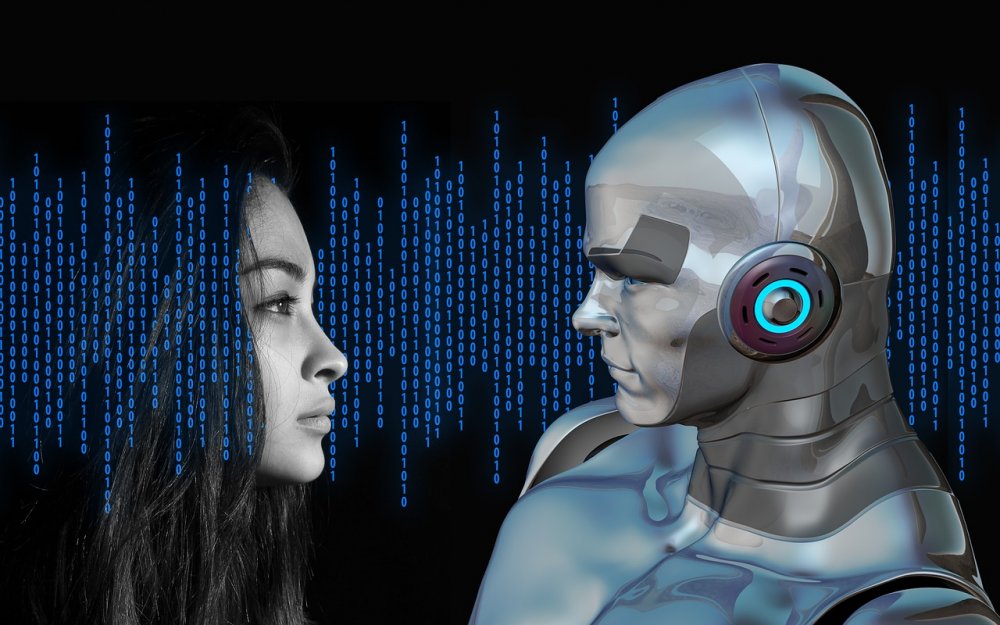AI, or artificial intelligence, as the letters stands for, is a branch of computer science aiming to make systems that can function intelligently and independently, just like humans.
It’s basically an imitation of human intelligence processes like learning, reasoning, self-correction, and pattern-recognition.
It’s used in everything from car manufacturing and agriculture to security and surveillance industries, and it plays a big part in the evolution of new industries.
Who uses AI?
You probably don’t notice it, but you are most likely using AI on a daily basis.
Think about how your cab booking app estimate the price of your ride, or what about when you log in to one of your social media accounts and scroll through your selected news feed?
This is all possible due to AI, and in the future, it will influence your daily life even more with possible scenarios like 24h fully automated banks and coffee shops.
What is the main difference between AI and natural intelligence?
There are still many hurdles for AI in terms of reaching the level of natural intelligence (human intelligence).
One of the hurdles to overcome, and one of the main differences between AI and natural intelligence is abstract reasoning.
Abstract reasoning describes the process of reaching logical conclusions in the absence of physical data, concrete phenomena, or specific instances.
This difference is perhaps best illustrated in the arts.
No computer has yet to produce a piece of music or a novel that displays the originality and complexity of the most celebrated human works of art, like the symphonies of Mozart or the novels of Ernest Hemingway.

Rigidity vs. versatility
Another way of explaining it is to look at the basic differences, instead of looking at capabilities.
AI relies on algorithms and big data, while natural intelligence is an evolved intelligence. This means that even though deep learning machines have enormous calculating power, they are always operating within a fixed setting.
This makes AI rigid and inflexible, while natural intelligence can be very versatile and fluid.
That’s also the reason why many researchers can get a bit tired about discussing the differences, and the concept of AI, because it can seem as if they are suggesting that the one might replace the other.
On the contrary: Natural intelligence is so complex and multifaceted that some scientists argue it can’t be replaced.
Why are some people scared of AI?
AI have been used as main plot narrative in many computer games, novels, movies and series like Terminator, The Matrix and Westworld, just to name a few.
This has enhanced the perception that artificial intelligence is dangerous, and that it might reach a level of intelligence that exceeds human intelligence.
And there are aspects of AI that is daunting and need more regulation, especially in terms of privacy and human rights, but in general, AI is becoming an accepted and ingrained part of many industries and play vital parts in many national economic growth strategies.
Today, all EU member states have national strategies on AI.
FAQ
What is AI?

























